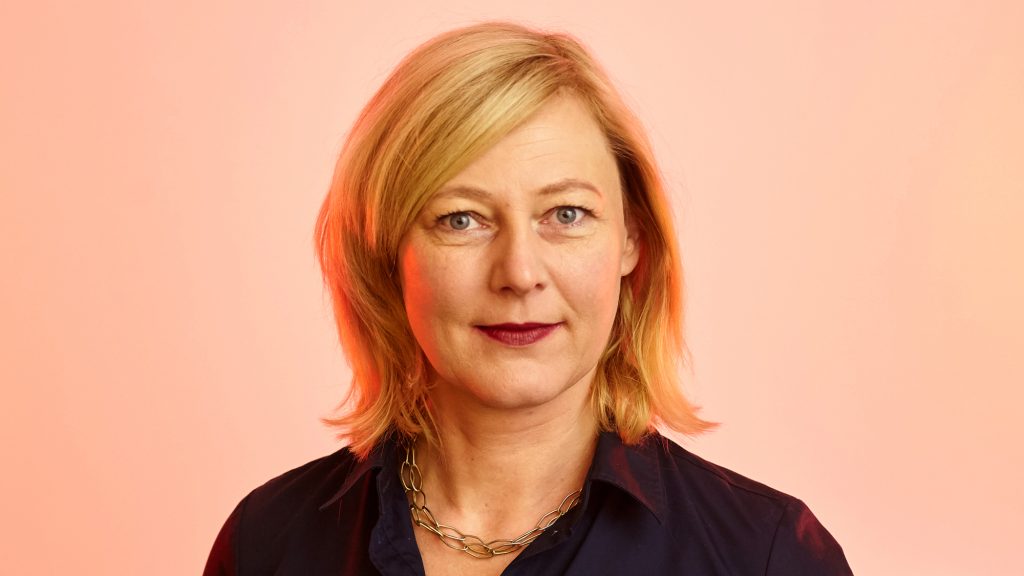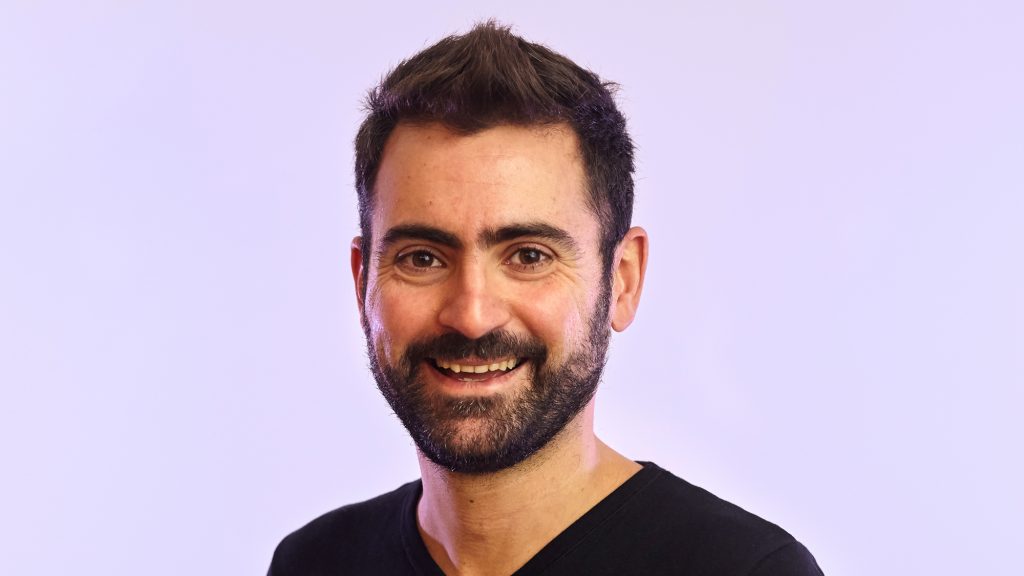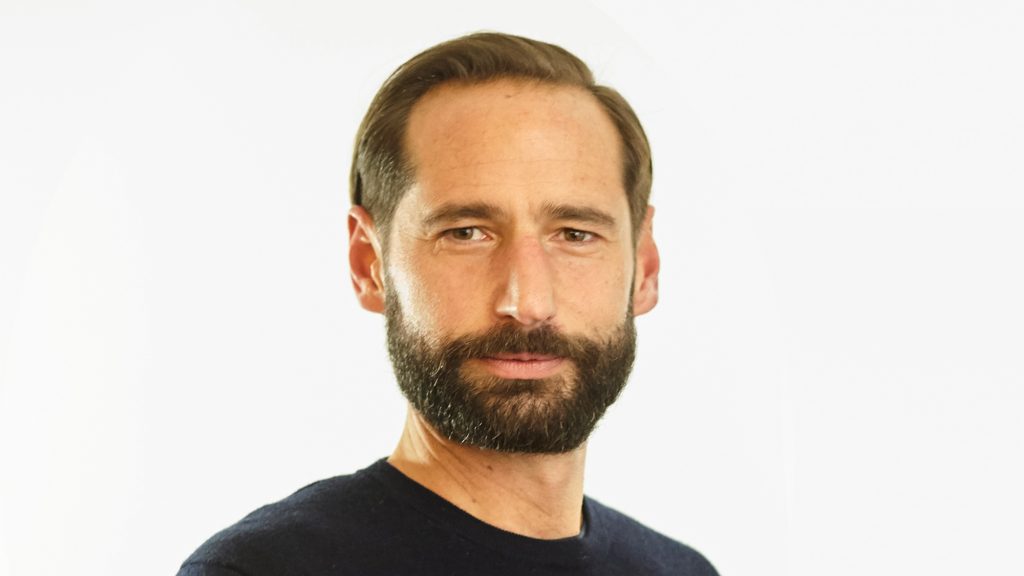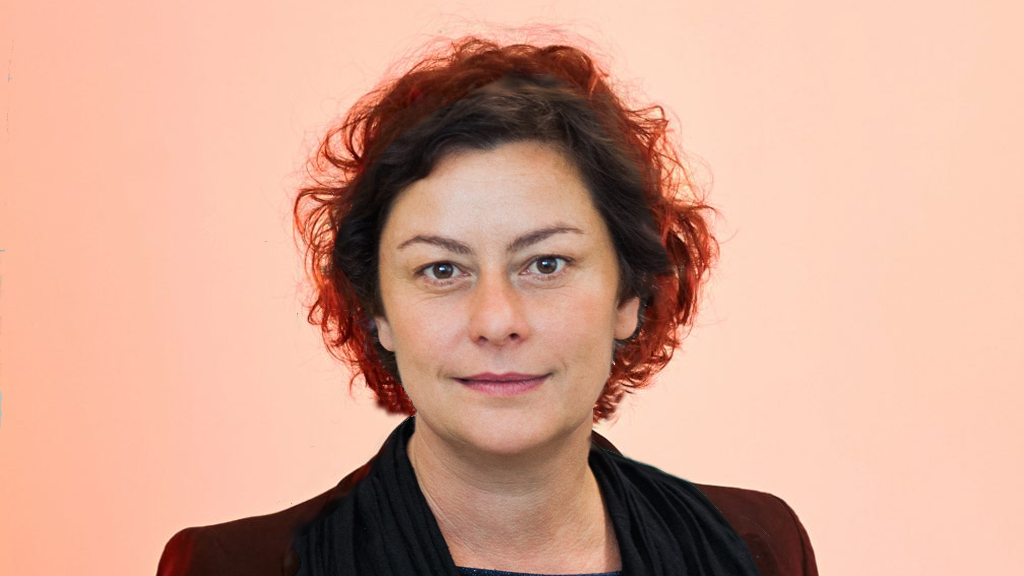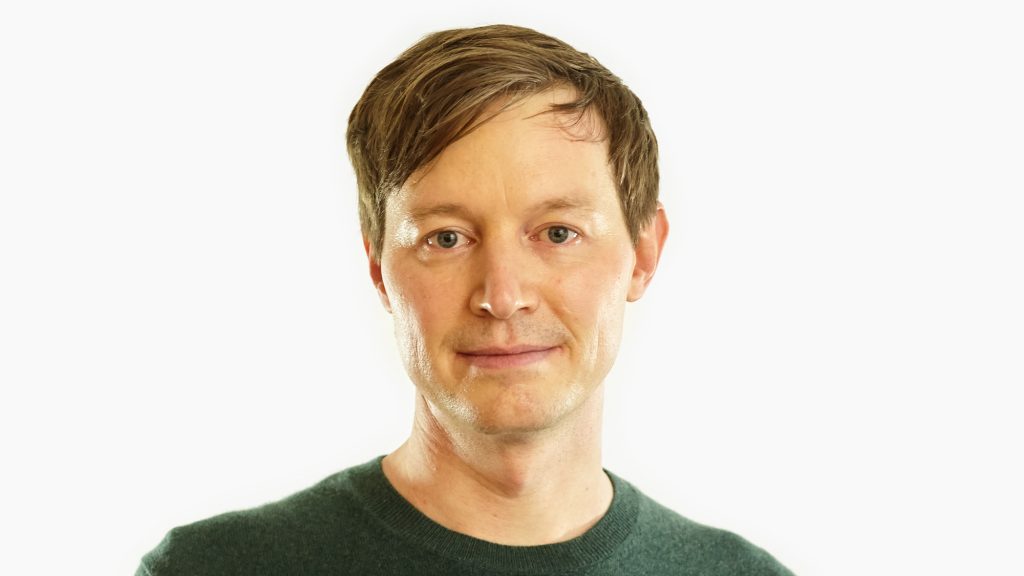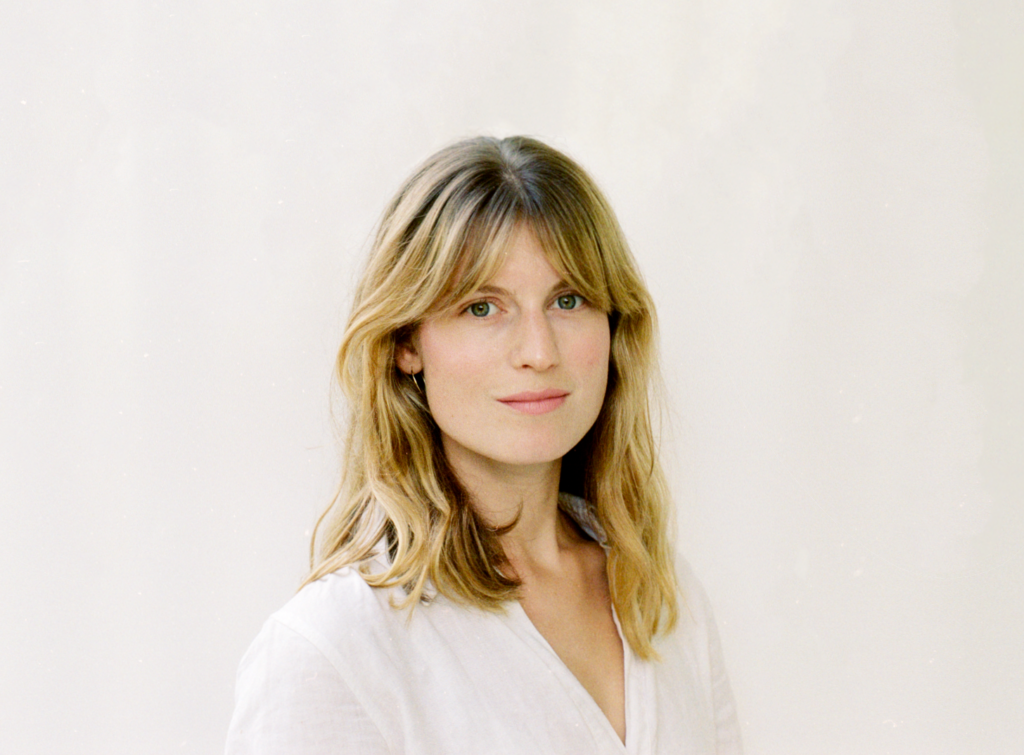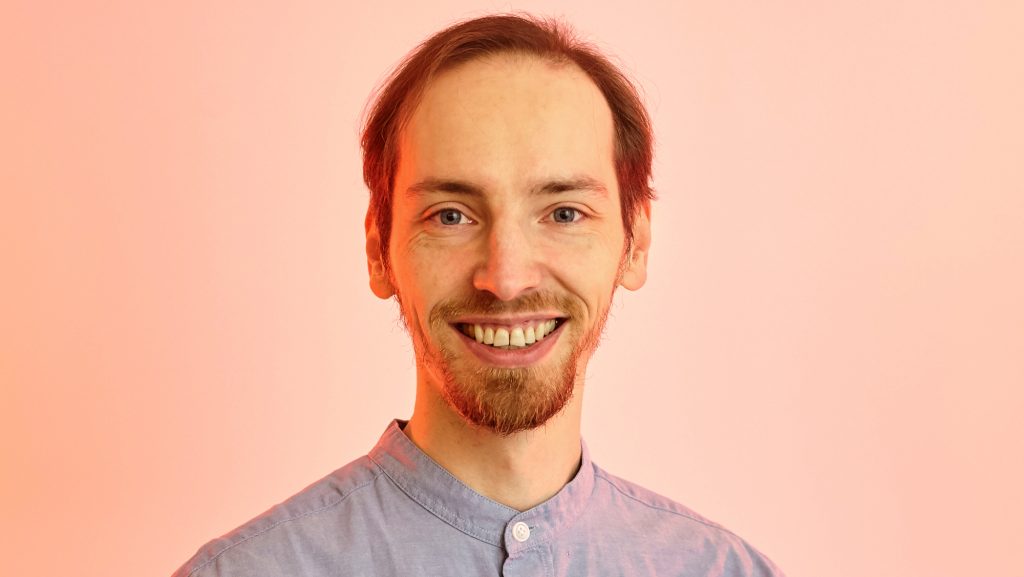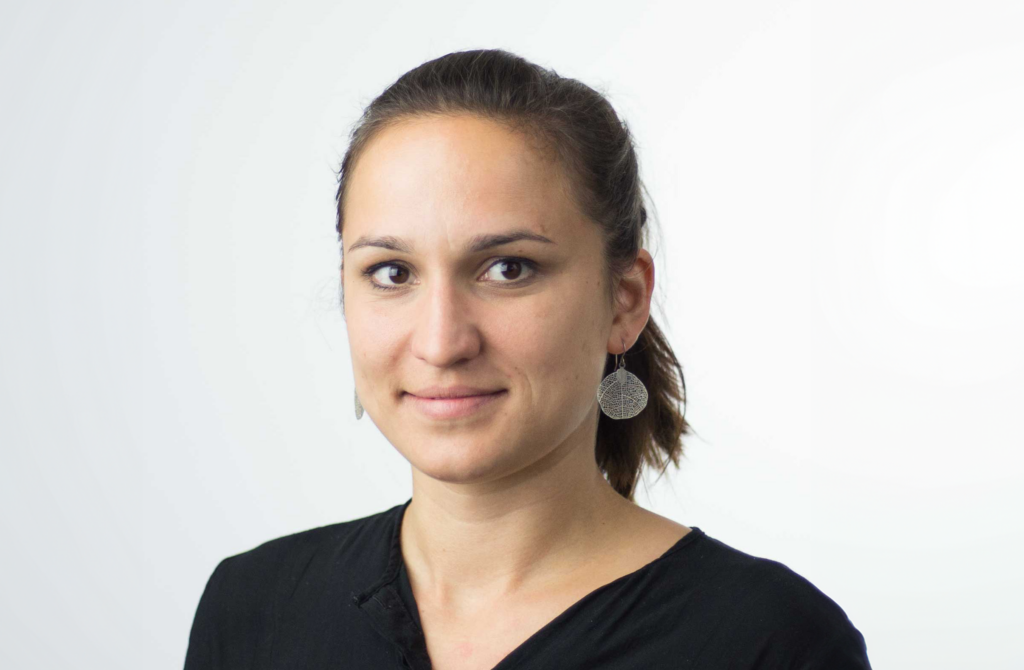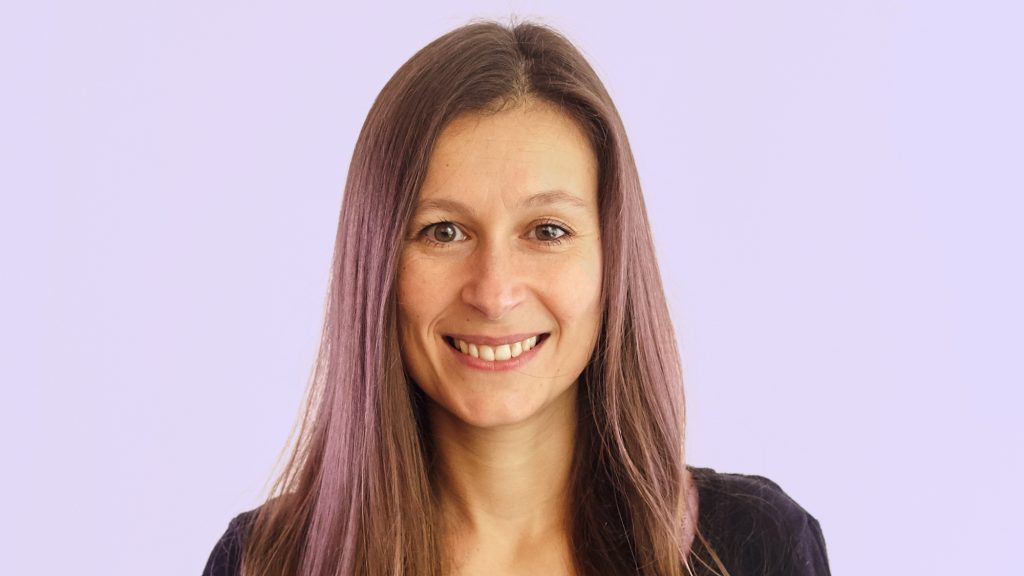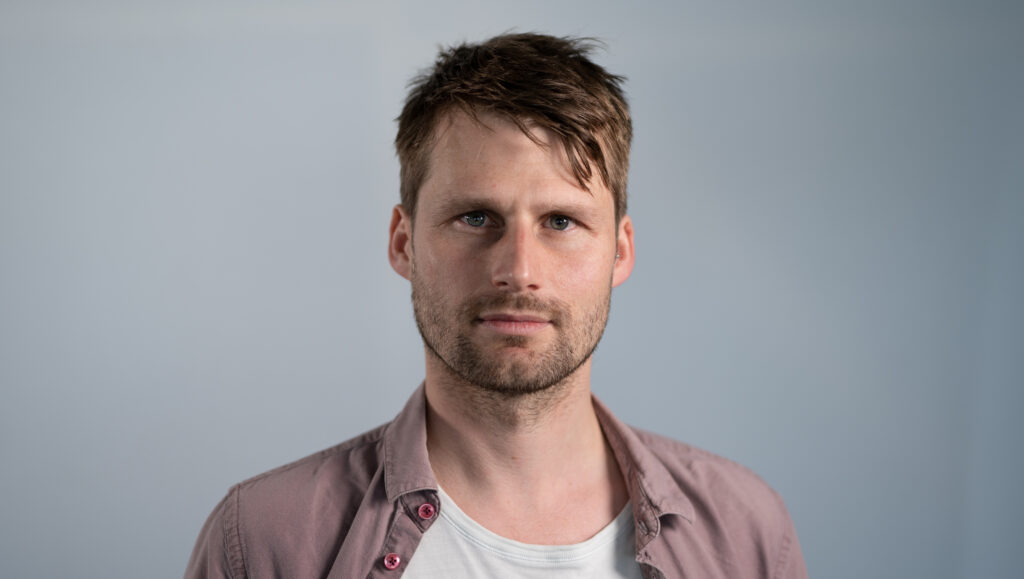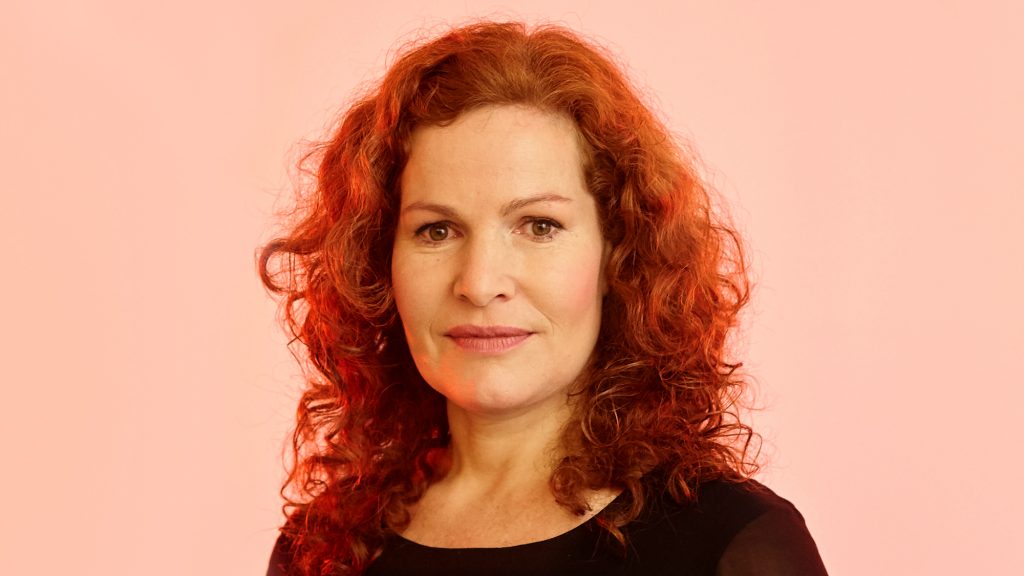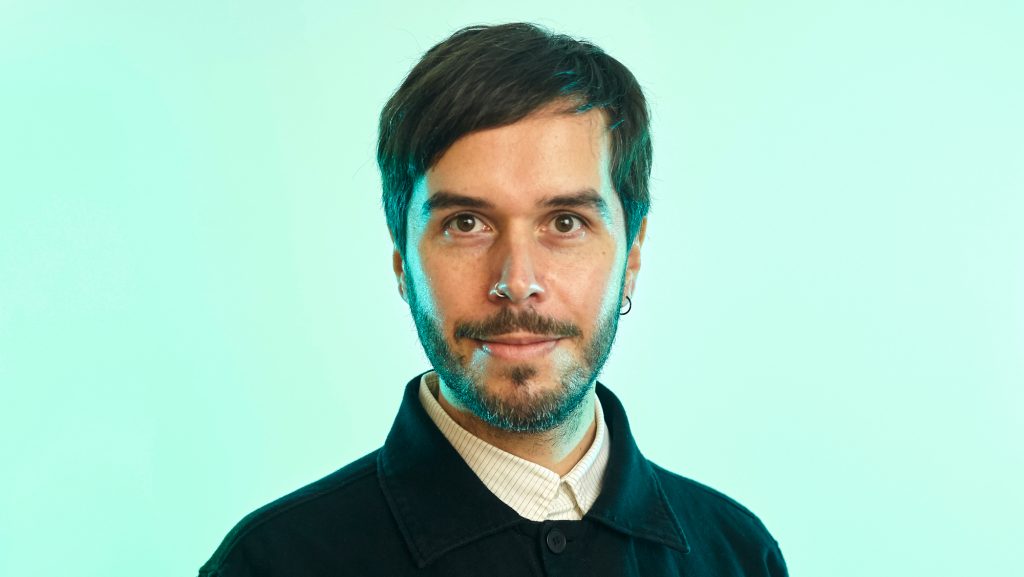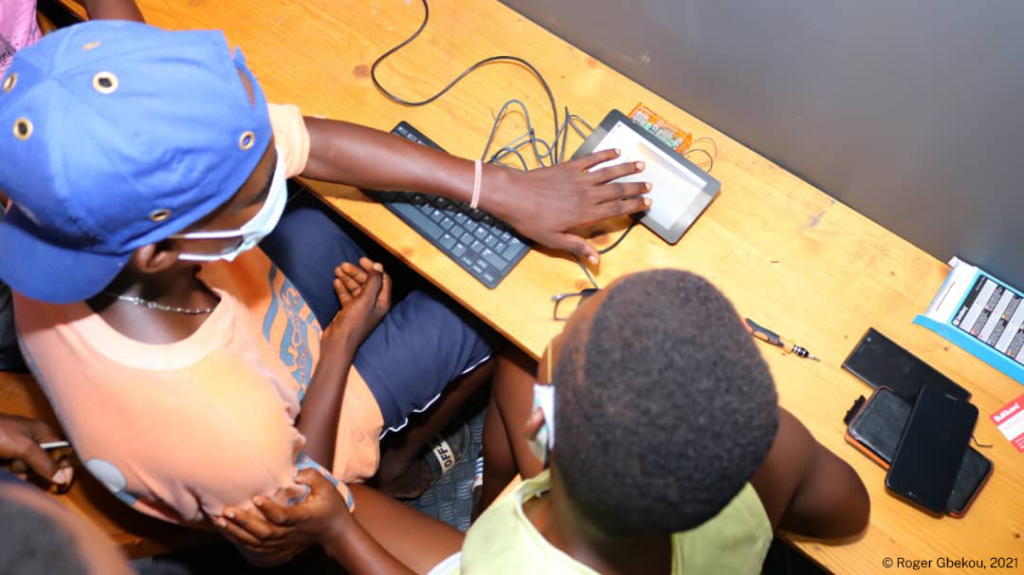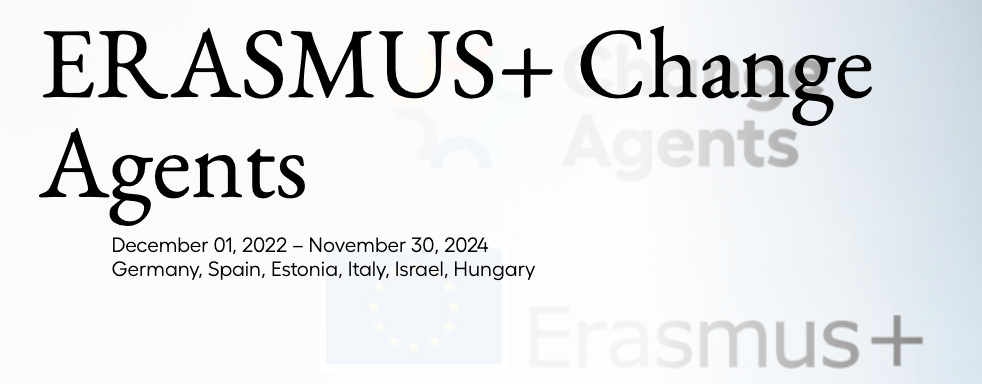Virtual Colloquium: Between the New Dark Age and Tech-Utopia
„Something is wrong on the Internet“, said James Bridle, author of “The New Dark Age“. Something went wrong in the last decade. The dream of the early 1990ies of an open digital society, that stands for more equity enabled by technology, is over. The Tech-Utopians, that were designing the Californian Ideology, seem out-dated. We woke up with a big headache asking ourselves: is this what we wanted?
But at the same time it is our (new) reality. In the past months, our life has moved to screens for a big part. We have connected with our fellow students, coworkers, friends and families mostly through technology in the shape of a computer or a phone. The streams and traces of data which we leave when we are online have grown accordingly. We have seen big companies increase their position of power and seen radicalisation and seemingly deeper divisions between people. But technology has also enabled us to adapt to this big shift in our way of living very quickly.
While technology surrounds us more than ever in our daily lives, we have the opportunity to see more clearly what technology can and cannot do for us. Can technology be a real substitute for our work or social life as we have been knowing it? How has technology helped or connected us to others in unexpected ways? Does this technology have our human needs at its centre or was it developed with different goals in mind?
In our (virtual) colloquium, we will discuss different concepts of technology as such and therefore combine various views on the New Dark Age and Tech Utopia. We will invite Open Data activists, cultural studies scholars, designers, artists, philosophers and anything in between to discuss with us our digital past, present and future.
Schedule:
5 Nov 2020 | Gesche Joost: Between the New Dark Age and Tech-Utopia
12 Nov 2020 | Daniel Irrgang: Technik als Mittel des Menschen vs. Technik als autonomes Phänomen: Im Spannungsfeld der Technik- und Medientheorie
19 Nov 2020 | Felix Oldenburg: The Power of Wealth. Is there a Place for Philanthropy in the Digital Age?
26 Nov 2020 | Denisa Kera: Algorithmic Feudalism in the Lockdowns: Sacredness, Purity and Heretics
3 Dec 2020 | Sénamé Koffi: Decolonize the future? A vernacular vision of the digital society
10 Dec 2020 | Thomas Ramge: Augmented Intelligence – Making Decisions with Data and AI
17 Dec 2020 | Julia Kloiber: Cancel the Apocalypse
14 Jan 2021 | Andreas Unteidig: Machines of Loving Grace
21 Jan 2021 | Adam Harvey: Presentation of latest research
28 Jan 2021 | Christian Reich and Anna Niedhart (Rainbow Unicorn): Heal the Web
4 Feb 2021 | Uta Brandes and Michael Erlhoff: WHO is the object?
11 Feb 2021 | Philipp Staab: Digital Capitalism and the political economy of AI
18 Feb 2021 | Marie Dietze and Alice Stewart: Making Intinmate Tech
25 Feb 2021 | Gesche Joost: Showdown – how we ended up here

